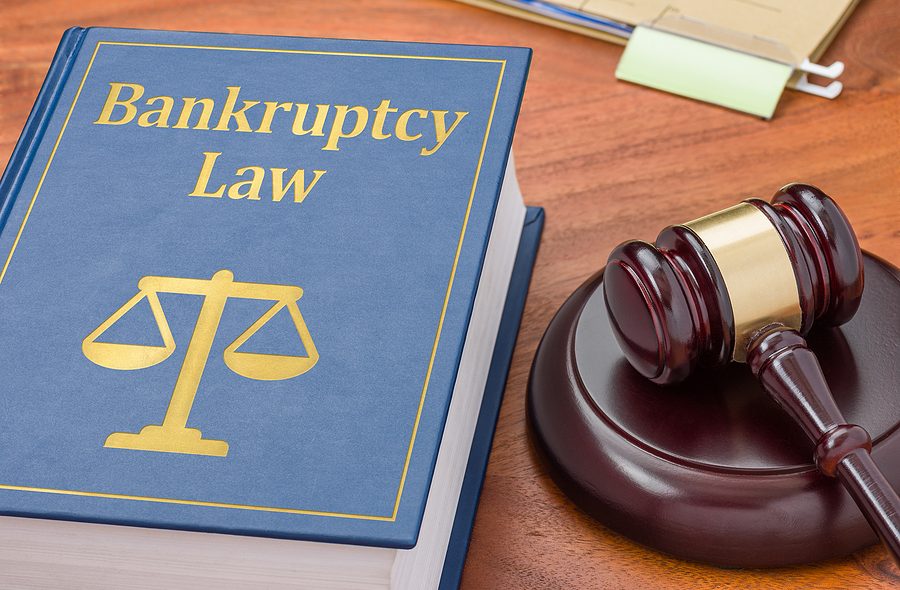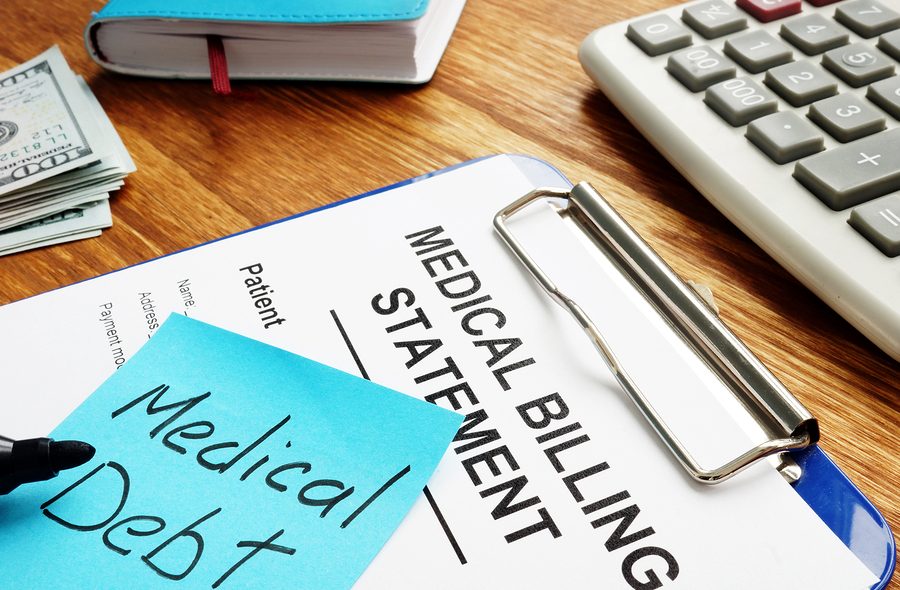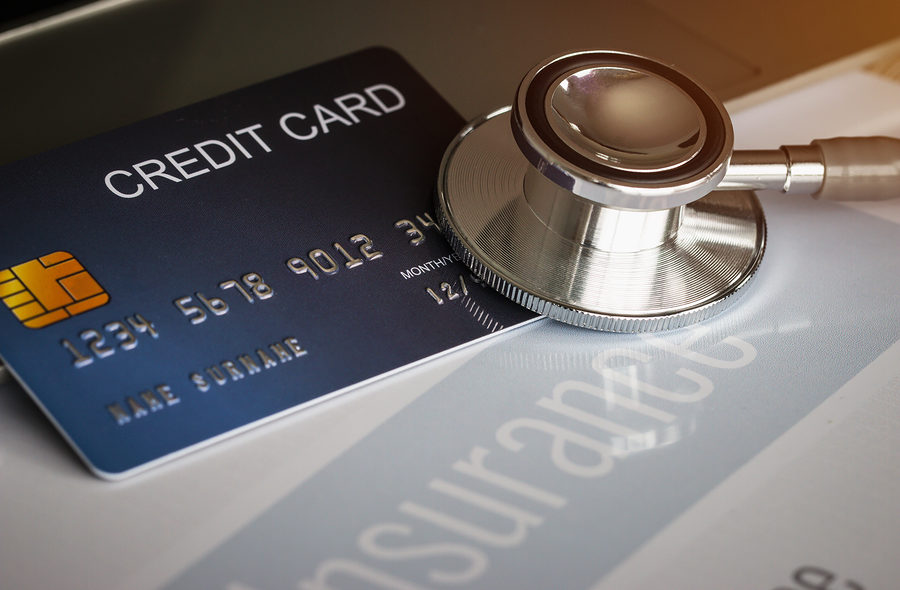When someone is going through a medical crisis, the last thing that person needs is additional stress. However, for millions of Americans, insurmountable medical debt is a reality that accompanies their illness or medical condition. The Consumer Financial Protections Bureau reports 72 million Americans struggle to pay off medical debt, as of 2018. In fact, it is one of the leading causes of bankruptcy in the U.S.
According to a recent study by Kaiser Family Foundation and the Los Angeles Times, more than 50 percent of consumers have someone in their household who suffers from some type of chronic medical condition. Dealing with continual medical appointments, medication and monitoring of the condition can take its toll, especially on a family’s finances.
Even more staggering are the statistics reported by the American Cancer Society (ACS). According to their figures, more than 137 million Americans are struggling to pay their medical bills. Falling behind due to a medical condition can happen so quickly and easily. With the cost of medical care in our country, many of these patients end up losing everything they have because of their illness. The ACS data shows that 42 percent of cancer patients end up losing their entire life savings within just two years of treatment.
The ACS study looked at what they classify as high out-of-pocket (OOP) costs for medical care, not just care for the treatment of cancer, by focusing on patients between the ages of 18 and 64. Their study looked at several criteria, including lifestyle modification because of medical costs, temporary loss of employment because of medical treatment, the need to refinance or mortgage the home due to medical bills, permanent loss of employment from medical treatment, and the need to sell the patient’s home just to pay medical bills. Other, more severe measures, included stopping necessary treatment because of the cost, and even considering suicide.
The ACS researchers looked at three different “domains” or areas of hardship, including financial hardship, psychological hardship, and coping behaviors. One-third of those surveyed in the category over the age of 65 reported hardship in at least one of the three areas surveyed of hardship. However, of those who were in the “employed” category, meaning between the ages of 18 and 64, over 50 percent of them reported hardship in at least one of the three categories. Women tended to be the group hit the hardest in these three domains.
An even more disturbing statistic showed that while more than half of those surveyed said they were struggling in one of the three hardship areas, one-fourth of those surveyed reported struggling in two of those domains. Unfortunately, as the cost of healthcare continue to rise, as do the prevalence of chronic medical conditions, this problem is only anticipated to get worse, which is why medical care and quality health insurance continue to be an issue on the forefront of politics.
How is Medical Debt Handled in Bankruptcy?
In bankruptcy, medical debt is treated the same as credit card debt. Medical bills are listed as general unsecured debt and can be easily wiped out in a Chapter 7 bankruptcy filing. Making the decision to file for bankruptcy is never an easy one. It can be difficult to get past some of the myths associated with filing for bankruptcy. Sometimes by waiting, an individual facing a lot of debt can find himself or herself in an even worse situation. Filing for bankruptcy can help protect valuable assets, including your home, car, IRA and social security. It will put an end to wage garnishment and any lawsuit being filed to collect on the debt, thanks to the protections of the automatic stay.
Those who have experienced illness or injury and found themselves overwhelmed with medical debt should contact an experienced Miami bankruptcy attorney. In bankruptcy, medical bills are considered general unsecured debts just like credit cards. This means that medical bills do not receive priority treatment and can easily be discharged in bankruptcy. Bankruptcy laws were created to help people resolve overwhelming debt and gain a fresh financial start. Bankruptcy attorney Timothy Kingcade knows how to help clients take full advantage of the bankruptcy laws to protect their assets and get successful results. Since 1996 Kingcade Garcia McMaken, P.A. has been helping people from all walks of life build a better tomorrow. Our attorneys’ help thousands of people every year take advantage of their rights under bankruptcy protection to restart, rebuild and recover. The day you hire our firm, we will contact your creditors to stop the harassment. You can also find useful consumer information on the Kingcade & Garcia website at www.miamibankruptcy.com.
Related Resources:
https://bigthink.com/politics-current-affairs/health-care





